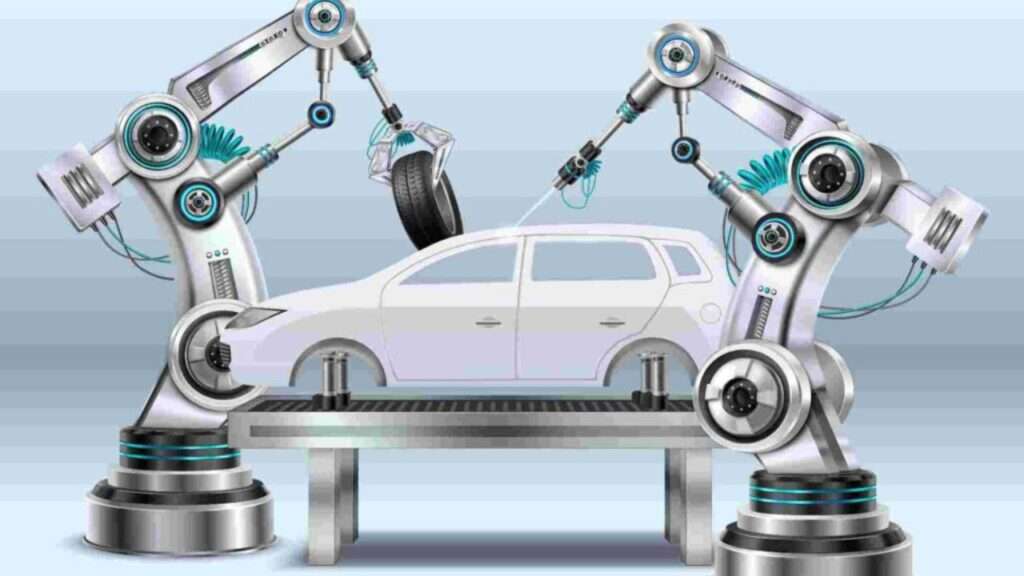
April 7, 2025 | New Delhi – The Indian automotive industry is shifting into high gear this April with several exciting car launches, major corporate developments, and pricing changes that could reshape consumer choices in the coming months.
New Car Launches Create Buzz
Car enthusiasts have plenty to look forward to as automakers gear up to unveil new models this month. Volkswagen is set to launch the Tiguan R-Line, a sportier version of its popular SUV, featuring aggressive styling and performance upgrades aimed at thrill-seekers.
Skoda is introducing the refreshed Kodiaq, which comes with a new design language, a more refined interior, and enhanced tech features. This premium SUV continues to target families seeking luxury, comfort, and off-road capability in one package.
Meanwhile, BMW is ready with the 2025 version of its 2 Series, a compact luxury car that blends performance and elegance. It’s expected to appeal to urban buyers who seek both prestige and driving pleasure in a more compact form.
Strategic Moves in the Industry
In a noteworthy shift, Renault Group has taken full control of its manufacturing facility in Chennai by acquiring Nissan’s 51% stake. This move is expected to streamline operations and give Renault greater independence in launching India-specific models faster and more efficiently.
At the same time, Maruti Suzuki, India’s largest carmaker, has announced the discontinuation of its Ciaz sedan, a model that once led the segment. The decision reflects changing consumer preferences, as SUVs now command a dominating 55% share of the Indian market, while sedans have dropped to around 10%. Speculation is rife that the Ciaz could return in a new, more SUV-inspired avatar.
Price Hikes and Policy Shifts
Car buyers may feel a pinch this month, with Maruti Suzuki raising prices across its range by up to 4% due to increased input and operational costs. Industry experts expect other manufacturers to follow suit, leading to a general rise in vehicle prices.
On the policy front, the Indian government is exploring a reduction in tariffs on imported electric vehicles (EVs). This move, aimed at facilitating trade agreements with global partners, could boost EV affordability in India. However, local automakers have expressed concern over potential market disruptions.
Conclusion
With a wave of new launches, shifting strategies, and economic adjustments, April 2025 is shaping up to be a defining month for India’s automotive landscape. Both consumers and industry watchers are keeping a close eye on the road ahead.


